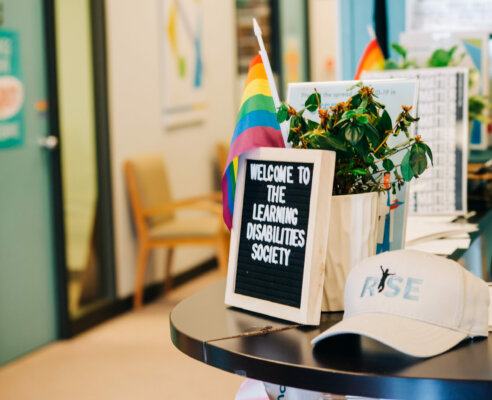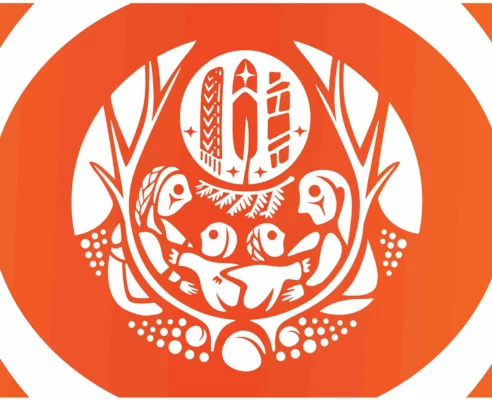Dyslexia is a lifelong brain-based learning difference that presents as an unexpected difficulty in learning to read in individuals of average to above average intelligence. The International Dyslexia Association estimates that 15-20% of children have a language-based learning disability, with dyslexia being the most common cause of struggles with reading, writing, and spelling (affecting at least 10% of the population).
Increasingly, the term Specific Learning Disability in a learning area such as reading, writing, or spelling is replacing the term dyslexia within current psychoeducational assessment practices. However, regardless of the term used for diagnosis, the benefit of knowing that an individual has a learning difference and needs specialised instruction and supports to learn the foundational skills that other children seem to ‘just get’ through general teaching and classroom learning experience is the key.
Children and youth with a learning difference in the area of reading, writing, and spelling who do not receive the specialised support and instruction they need struggle with academic skills in the classroom and when completing home reading, assignments, or homework at home. Additionally, they often struggle with their self-esteem due to the frequent challenges and frustrations they experience during learning tasks that seem ‘easy’ for others, and from teaching strategies or expectations placed upon them that do not take into account their learning difference and individual accommodations for learning that they need.
Individuals with learning differences can absolutely succeed through developing the foundational academic skills and learning strategies needed to thrive in their learning and development. However, early identification of a learning difference is key to avoiding the negative learning and peer experiences that can have long lasting impacts on an individual’s learning and self-esteem.
A psychoeducational assessment is the only tool that can formally diagnosis a learning disability, which is required for a BC Education Ministry Designation. However, these assessments through school districts can have years long waitlists, and privately they are quite expensive (several thousands of dollars), which can make accessing this assessment within the timeframe needed for early intervention seemingly impossible for many families. However, if you have concerns and are seeing early warning signs that your child may have a learning difference, there are other steps that you can take to put the right supports in place for your child.
One of these first steps that can give students and families detailed information about a child’s learning and identify whether your child would benefit from more comprehensive evaluation (such as a psychoeducational assessment) is a formal Level B Assessment called the KTEA-3 & KTEA-3 Dyslexia Index. At LDS, we see firsthand the significant benefits of these assessments for families who are in the process of waiting for a psychoeducational assessment, or who are trying to determine whether or not they want to pursue a psychoeducational assessment for their child.
The benefits of this assessment include:
- Detailed information about how your child’s learning is tracking in relation to grade level expectation in the foundational areas of reading, writing, spelling, and math;
- A comprehensive report of your child’s grade level progress in academic areas that can be shared with your child’s teacher, school, and other professionals you may be working with;
- A report on your child’s risk assessment for dyslexia or a learning difference in reading, writing, or spelling that provides you with key information in relation to the value of moving forward with a psychoeducational assessment for your child;
- An opportunity to meet with and ask questions/gather information from an LDS Assessment Specialist who completed the KTEA-3 assessment with your child about their strengths and stretches, and areas that warrant further investigation and supports; and
- Rapid turn-around – a KTEA-3/Dyslexia Index can be booked at LDS, completed, and the reports and assessment debrief meeting scheduled within a few weeks to a month’s time.
The KTEA-3/Dyslexia Index offers parents/guardians and families the opportunity to take quick action and gather detailed information that allows for a quick and accurate assessment of what your child needs to learn, and what supports will make the difference for them in both the short and longer term.
For Dyslexia Awareness Month (October 2022), if you call us to book your KTEA-3/Dyslexia Index by October 31, we are able to offer a $50 discount on the service. You can book an appointment for any time from now until the end of January 2023.
For more information about the KTEA-3/Dyslexia Index or to book an assessment, see our webpage here or contact us at info@ldsociety.ca
– Jennifer Fane, Director of Education
LDS is a community of dedicated professionals that write collaboratively. We recognize the contribution of unnamed team members for their wisdom and input.



